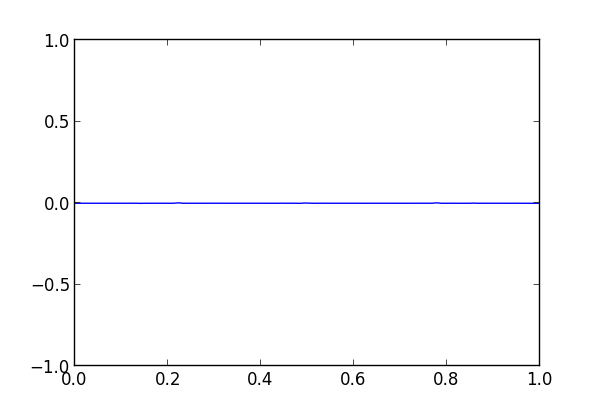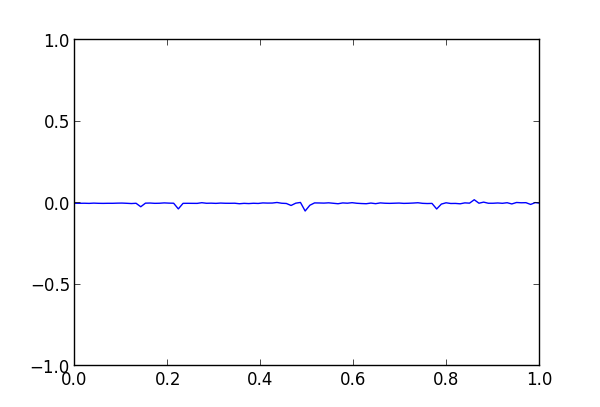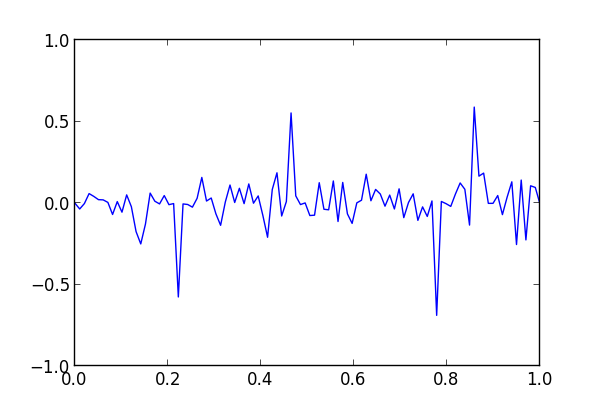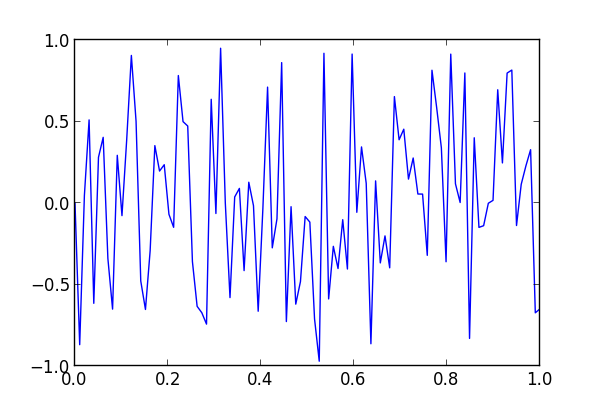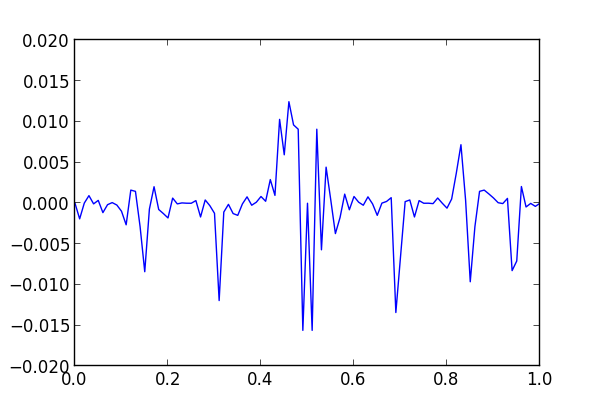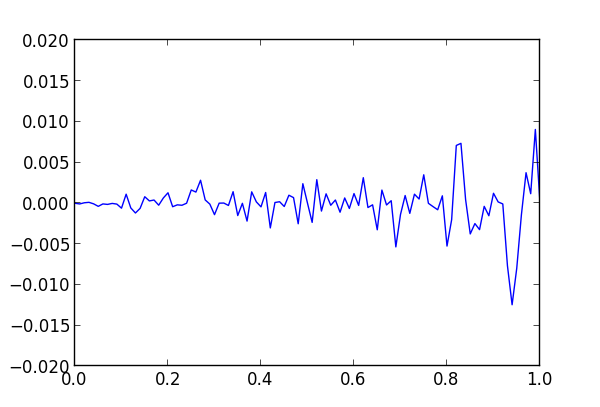You may have seen the joke “Enter any 12-digit prime number to continue.” I’ve seen it floating around as the punchline in several contexts.
So what do you do if you need a 12-digit prime? Here’s how to find the smallest one using Python.
>>> from sympy import nextprime
>>> nextprime(10**11)
100000000003L
The function nextprime gives the smallest prime larger than its argument. (Note that the smallest 12-digit number is 1011, not 1012. Great opportunity for an off-by-one mistake.)
Optionally you can provide an addition argument to nextprime to get primes further down the list. For example, this gives the second prime larger than 1011.
>>> nextprime(10**11, 2)
100000000019L
What if you wanted the largest 12-digit prime rather than the smallest?
>>> from sympy import prevprime
>>> prevprime(10**12)
999999999989L
Finally, suppose you want to know how many 12-digit primes there are. SymPy has a function primepi that returns the number of primes less than its argument. Unfortunately, it fails for large arguments. It works for arguments as big as 2**27 but throws a memory error for 2**28.
The number of primes less than n is approximately n / log n, so there are about 32 billion primes between 1011 and 1012. According to Wolfram Alpha, the exact number of 12-digit primes is 33,489,857,205. So if you try 12-digit numbers at random, your chances are about 1 in 30 of getting a prime. If you’re clever enough to just pick odd numbers, your chances go up to 1 in 15.


